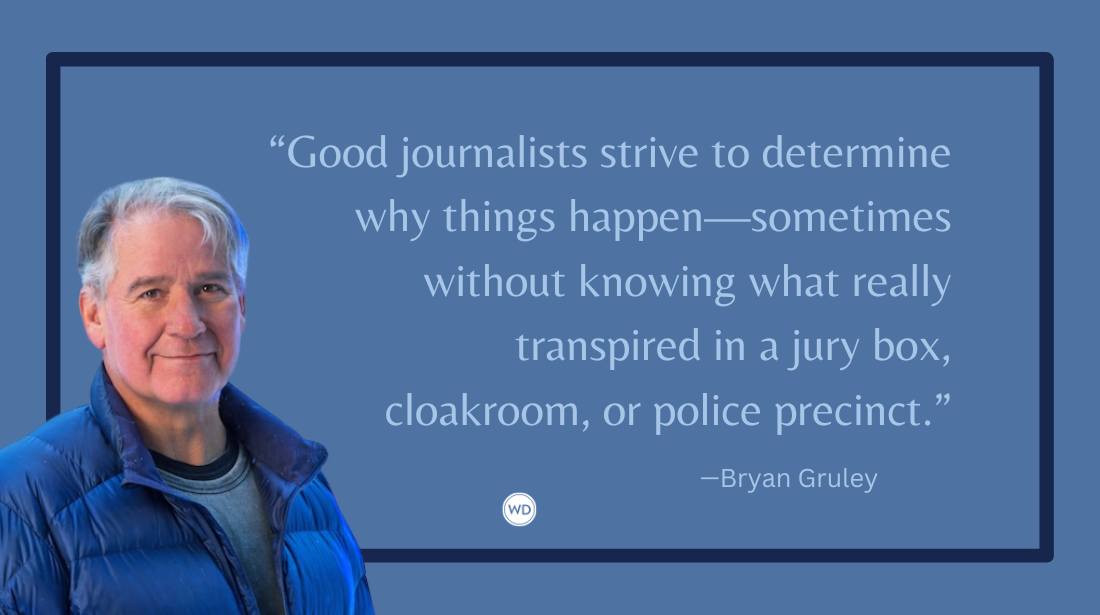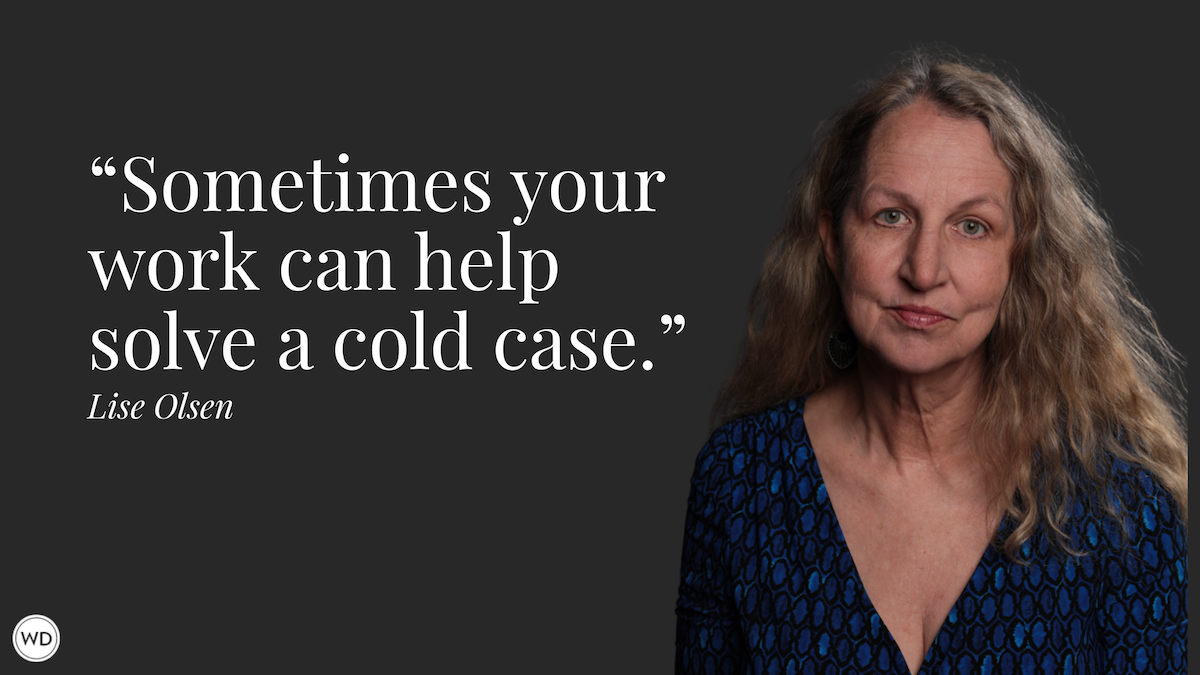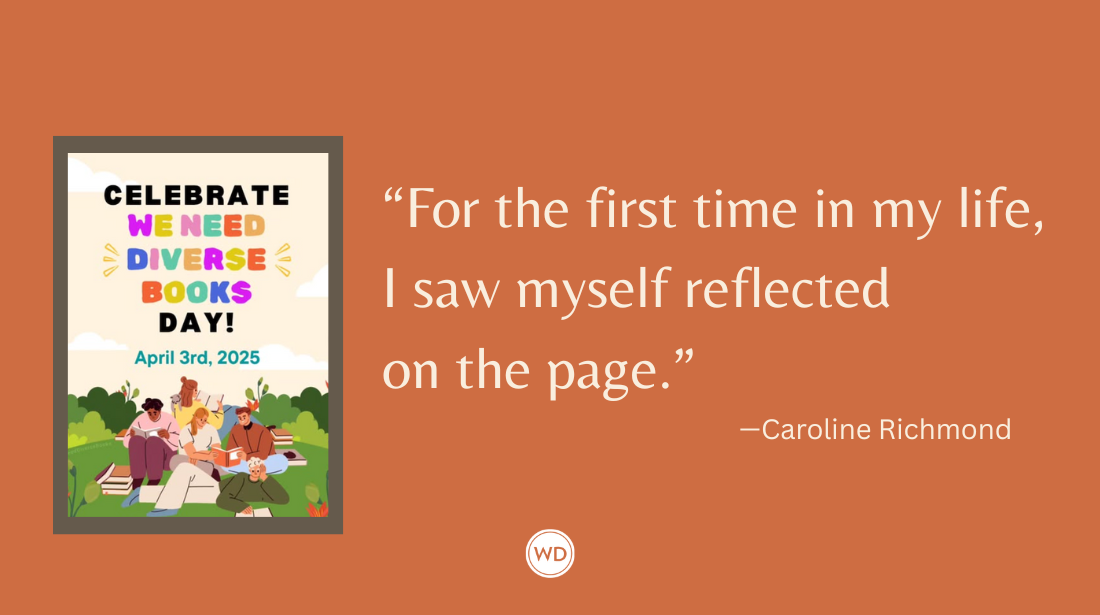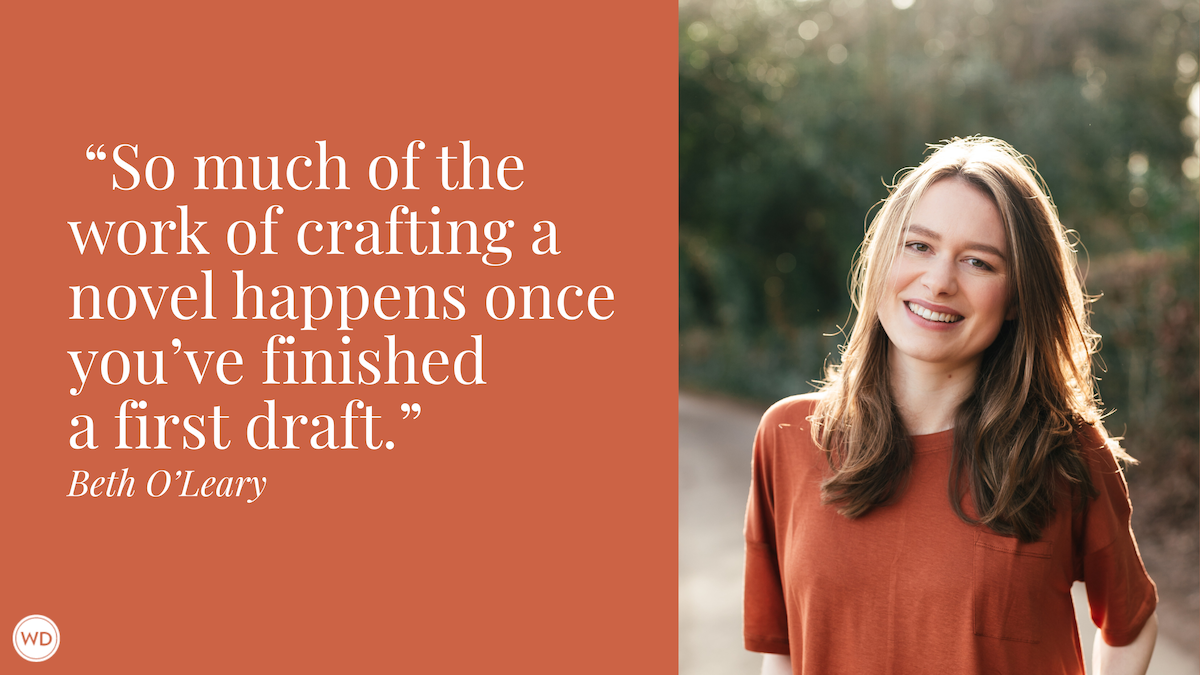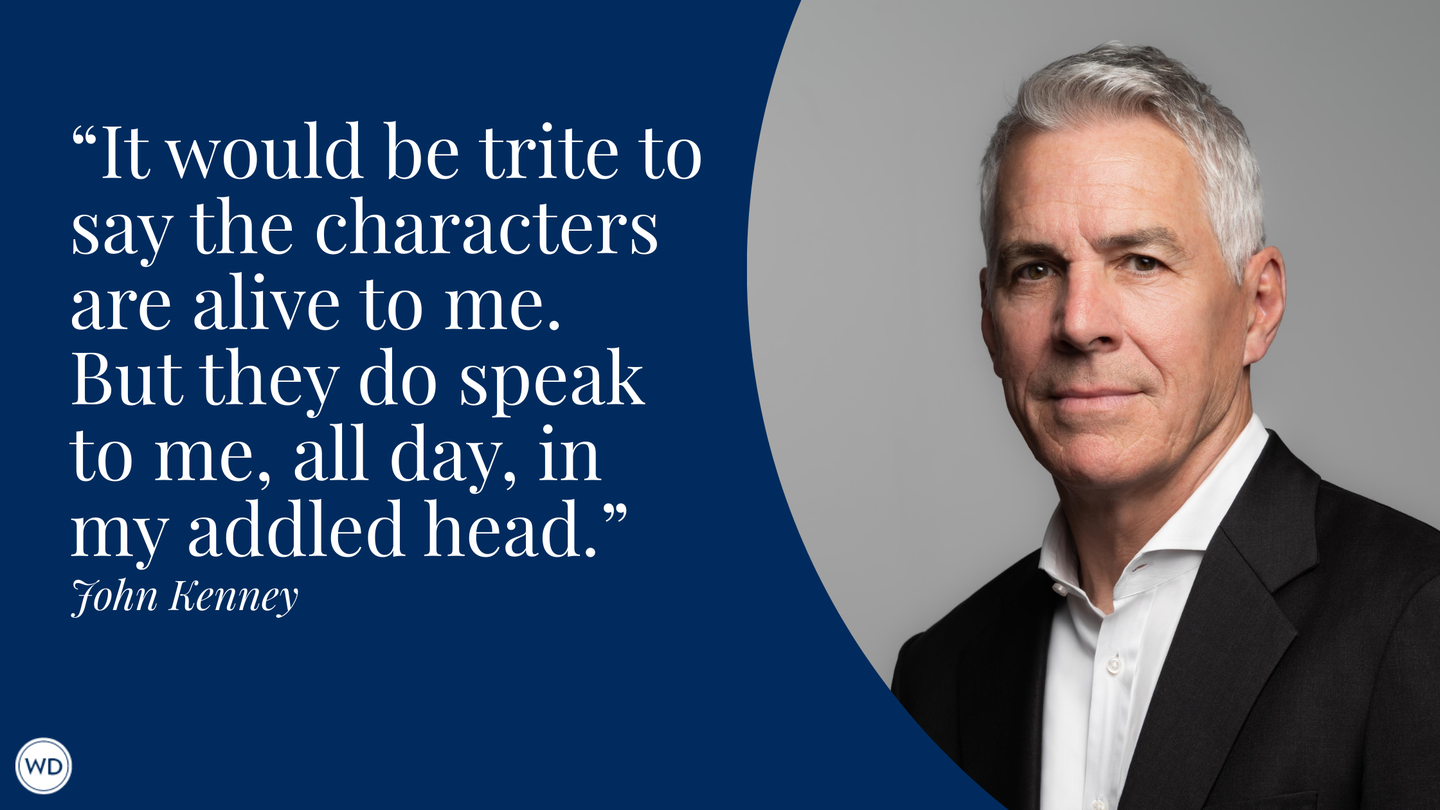Kelly McWilliams: On Finding Her Voice Through Writing
Author Kelly McWilliams discusses how hearing her character loud and clear helped her though the process of writing her new contemporary YA novel, Your Plantation Prom Is Not Okay.
Kelly McWilliams is a mixed-race writer. Agnes at the End of the World was a finalist for the Golden Kite Award, and Mirror Girls is a Junior Library Guild Gold Standard Selection and Target Book Club Pick. She’s written for Time, Bustle, and Publishers Weekly among other outlets. She lives in Seattle with her family. Follow her on Instagram.
In this post, Kelly discusses how hearing her character loud and clear helped her though the process of writing her new contemporary YA novel, Your Plantation Prom Is Not Okay, her hope for readers, and more!
Name: Kelly McWilliams
Literary agent: Michael Bourret
Book title: Your Plantation Prom Is Not Okay
Publisher: Little Brown, Young Readers
Release date: May 2, 2023
Genre/category: YA Contemporary
Previous titles: Mirror Girls; Agnes at the End of the World
Elevator pitch for the book: Harriet Douglass, a teenaged girl raised on a plantation turned enslaved people’s museum, must find a way through her grief after her mother’s death while keeping her mother’s dream—of changing hearts through historical education—alive. Her heart and her hope is put to the test when an actress and her influencer daughter buy the plantation next door, planning to turn it into a wedding and prom venue.
What prompted you to write this book?
Growing up in the 90s, a lot of the hard truths of Black history were quickly glossed over in the schools I attended, and it absolutely enraged me. I always thought it would get better, but we continue to romanticize the antebellum past. Every time a celebrity gets married on an old plantation, it sends a powerful, painful message into the center of our community.
I wanted to chart the mental health journey of a teenager dealing with this issue close up. How can she continue to fight for justice when nothing ever seems to change? How will she handle the fact that Americans seem to live in two very different countries—and can she develop real friendships with allies?
How long did it take to go from idea to publication? And did the idea change during the process?
I pitched the idea to my agent while my second novel, Mirror Girls, was in copyedits—in the summer of 2021. Because I was blessed to hear Harriet’s voice right away, and so loud and clear—which doesn’t always happen for me!—the idea itself held quite steady from start to finish.
I just had to follow Harriet’s lead. She tells her story through a powerful mix of deadpan humor, bitter grief, and tenacious hope. It was a cathartic story for me to write, and I’ll always be grateful to have found this character in the ether so fully formed. I’m not normally so lucky!
Were there any surprises or learning moments in the publishing process for this title?
The plot involves a teenager’s social media activism, and as you probably know, our perspectives on social media (and the literal list of companies that exist!) have been in constant flux. I complained about this to my agent once during the revision process, and he said, “Yep, these days the world moves faster than we can imagine!”
That felt so true to me. And it feels like the challenge for a lot of authors in the contemporary space today.
Were there any surprises in the writing process for this book?
I didn’t realize, when I put pen to paper, how much of Harriet’s mental health journey was actually my own.
As a young person, I was raised to fight the good fight—to struggle for a more just world, even when it seemed impossible. But that wears on you, of course. I don’t know a single activist or activist author who isn’t both bone tired and terrified to rest! But to keep going, you have to find a balance inside yourself. A way of living hopefully and healthfully even when our timeline seems so frightening.
Harriet finds her voice in activism; I found mine in writing. As soon as I started getting my stories out in the world, my soul eased in this really profound way. I didn’t have to walk around balled up with that anger every second—I could finally rest, because my work was still out there, working. Reaching people and engaging with social issues even when I have to rest.
It’s a twist on that old saw about finding your voice, right? In the craft of writing, that individual voice is something we pursue to make our work the best it can be. But finding your voice can also save you. To me, that’s really magical.
What do you hope readers will get out of your book?
First, my joking answer—I put the biggest takeaway right there in my title, both for those who’ll read it and those who definitely will not: Your plantation prom is not okay!
More seriously, I hope young readers, in particular, learn something from Harriet’s journey toward wholeness and happiness. We are all fighting our mighty battles, and struggling to determine ourselves in a complex world. I also hope readers find a lot of joy in watching childhood friends, Dawn and Harriet, fall in love!
If you could share one piece of advice with other writers, what would it be?
Keep on keeping on. No one else can tell the story you will.
Robert Lee Brewer is Senior Editor of Writer's Digest, which includes managing the content on WritersDigest.com and programming virtual conferences. He's the author of 40 Plot Twist Prompts for Writers: Writing Ideas for Bending Stories in New Directions, The Complete Guide of Poetic Forms: 100+ Poetic Form Definitions and Examples for Poets, Poem-a-Day: 365 Poetry Writing Prompts for a Year of Poeming, and more. Also, he's the editor of Writer's Market, Poet's Market, and Guide to Literary Agents. Follow him on Twitter @robertleebrewer.



